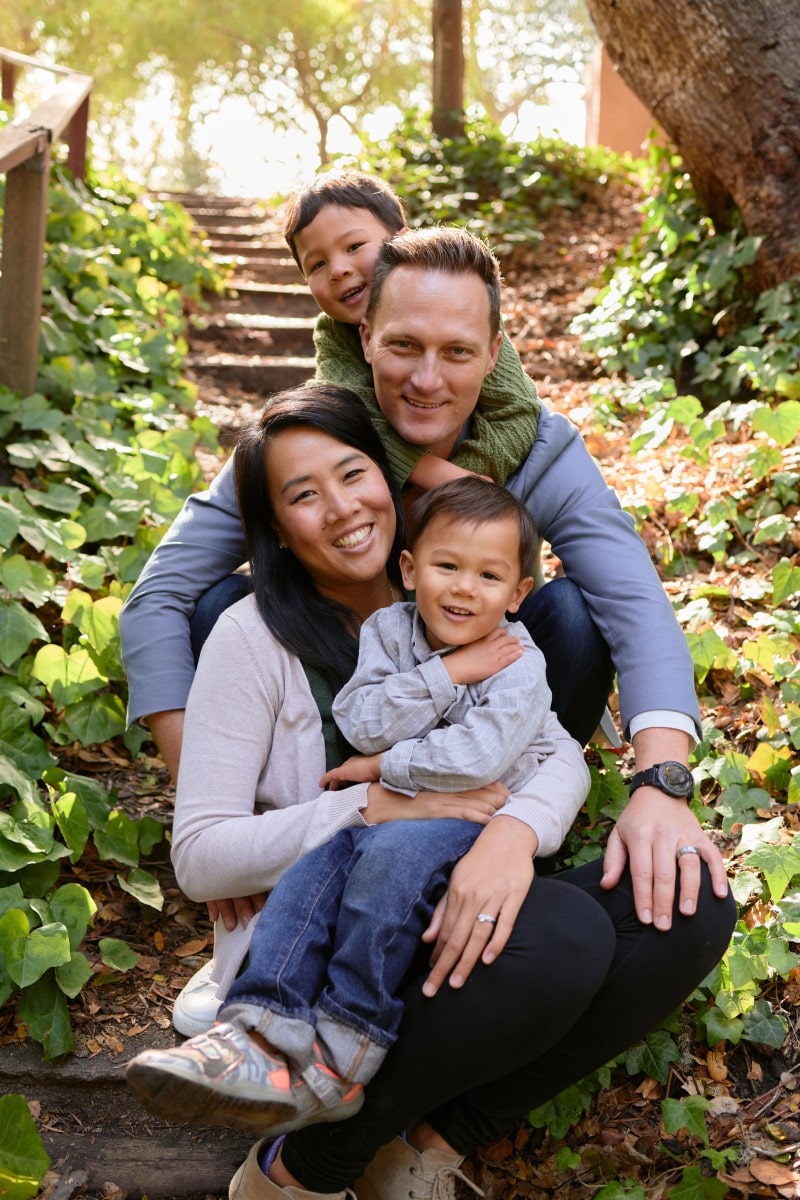Have you ever felt like you’re always the one chasing after your partner, while they seem to be pulling away? Or maybe you’re the one who always withdraws from your partner, even when you don’t want to? If so, you’re not alone. Many people experience these kinds of patterns in their relationships.
In her book Hold Me Tight, Dr. Sue Johnson identifies two common relationship patterns: pursuer and withdrawer. Pursuers are often anxious and insecure, and they tend to be the ones who initiate contact and try to keep the relationship close. Withdrawers, on the other hand, are often avoidant and withdrawn, and they tend to pull away from the relationship when they feel threatened or overwhelmed.
These patterns can be very damaging to relationships. Pursuers often feel frustrated and rejected, while withdrawers often feel smothered and controlled. Over time, these patterns can lead to resentment, conflict, and even divorce.
The good news is that it is possible to break these patterns and build stronger relationships. In her book, Dr. Johnson offers a number of exercises and strategies that can help couples become more secure in their relationships.
What is a pursuer?
Pursuers are often anxious and insecure. They may have a history of being neglected or abandoned, which has led them to fear losing their partners. Pursuers often feel like they have to work hard to keep their partners happy. They may be overly critical of themselves and their partners.
What is a withdrawer?
Withdrawers are often avoidant and withdrawn. They may have a history of being criticized or enmeshed, which has led them to fear intimacy. Withdrawers often need a lot of space and autonomy. They may be difficult to reach emotionally.
Here’s some wisdom from Dr. Johnson’s book on how to build stronger relationships:
- Identify your attachment style. The first step to building stronger relationships is to identify your attachment style. Are you a pursuer or a withdrawer? Once you know your attachment style, you can start to understand your own needs and behaviors better.
- Communicate your needs openly and honestly. It’s important to be able to communicate your needs openly and honestly with your partner. This means being able to tell your partner what you need and want, and being able to listen to their needs and wants as well.
- Be willing to compromise. No two people are exactly alike, so there will be times when you and your partner disagree. It’s important to be willing to compromise in order to meet each other’s needs.
- Set boundaries. It’s important to set boundaries in your relationships. This means knowing what you’re comfortable with and what you’re not comfortable with. It also means being able to communicate your boundaries to your partner and being able to respect their boundaries as well.
- Talk to your partner about your relationship goals. What do you want to achieve in your relationship? Once you know what you want, you can start to work together to achieve it.
- Spend time together. It’s important to spend quality time together, even if it’s just for a few minutes each day. This will help you connect with each other and build stronger relationships.
- Do things together that you both enjoy. This could include anything from going on walks to watching movies to playing games. Doing things together will help you create shared memories and experiences.
- Be supportive of each other. Be there for each other during good times and bad. Let your partner know that you love and support them no matter what.
- Seek professional help if needed. If you’re struggling to build stronger relationships on your own, consider seeking a licensed therapist for support. A therapist can help you understand your attachment style, develop healthy communication skills, and learn how to set boundaries.
Johnson, S. M. (2011). Hold me tight: Seven conversations for a lifetime of love. New York: Little, Brown and Company.
Jeremi McManus, MFT has been a Couples Therapist and an Individual Therapist since 2010 and works with couples who are having trouble communicating and need some guidance in their relationship. His own ups and downs in past relationships and with his wife Kathleen were instrumental in leading him into this field. If you feel like you could use some perspective, he looks forward to hearing from you. Jeremi is a Licensed Psychotherapist and lives with his wife and two kids in Burlingame, California in the San Francisco Bay Area.













